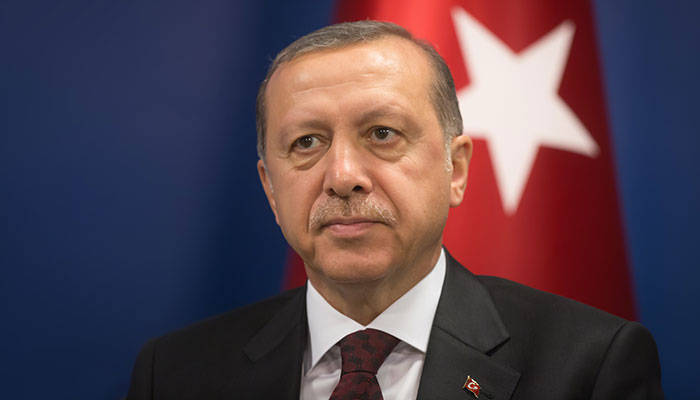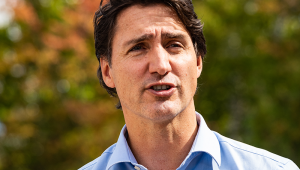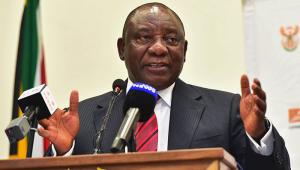web_erdogan_shutterstock_425646541.jpg

Turkish prime minister Recep Tayyip Erdoğan
Friday’s detention of a dozen MPs from the Peoples’ Democratic Party sent the lira tumbling even lower than it did in the wake of the coup of unseat president Recep Tayyip Erdogan in July.
The lira was trading at the historic low of 3.17 to the dollar after losing more than 1.5% of its value on Friday, although a ratings upgrade from Standard & Poor has led to a partial recovery this morning.
The Turkish economy has been rocked by a spate of terrorist attacks, conflict with Kurdish insurgents and the recent coup event as well as Erdogan’s subsequent efforts to purge Turkey of any potential dissent.
On Friday, the International Monetary Fund downgraded its growth outlook for the Turkish economy to 2.9% this year, down from 3.8% it predicted in April.
It also warned that unemployment is “high and rising”, inflation is likely to remain well above the government’s 5% target and the current account deficit remains “sizeable”.
The main challenge for Turkey is to “avoid an excessive slowdown”, the fund said.
It called for a small increase in spending in the short term to support demand but added that this should be accompanied by credible cuts and revenue increases in the medium term.
The fund also warned that fiscal risks need to be better managed as the country continues to expand its public private partnership portfolio.
“Stronger central oversight, approval and disclosure are needed. This should cover guarantees issued by entities other than the treasury,” its statement said. “Passage of a comprehensive PPP framework law would help.”
Governance of the country’s sovereign wealth fund also needs to be brought in line with international best practice, it added.
Rebuilding business confidence and public institutional capacity are “key priorities”, it continued, both of which have been shaken by the summer’s coup attempt.
In the labour market, the IMF said reforms should focus on boosting productivity and participation, and added that better integration of refugees would provide stronger economic benefits.
Turkey now hosts over 3 million refugees from neighbouring Syria, and despite promised reforms many are unable to work or are forced to take black market jobs for poor pay.













